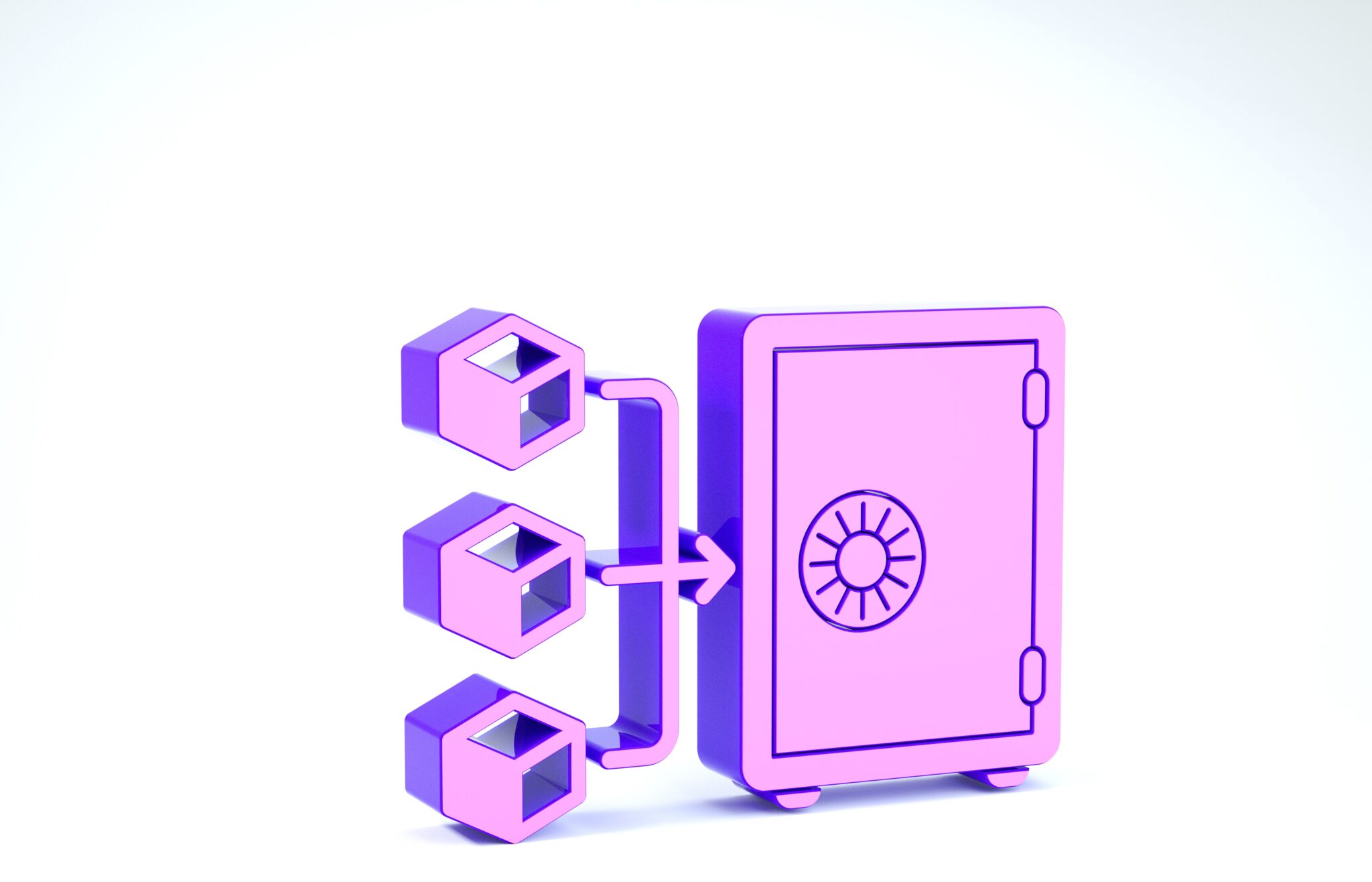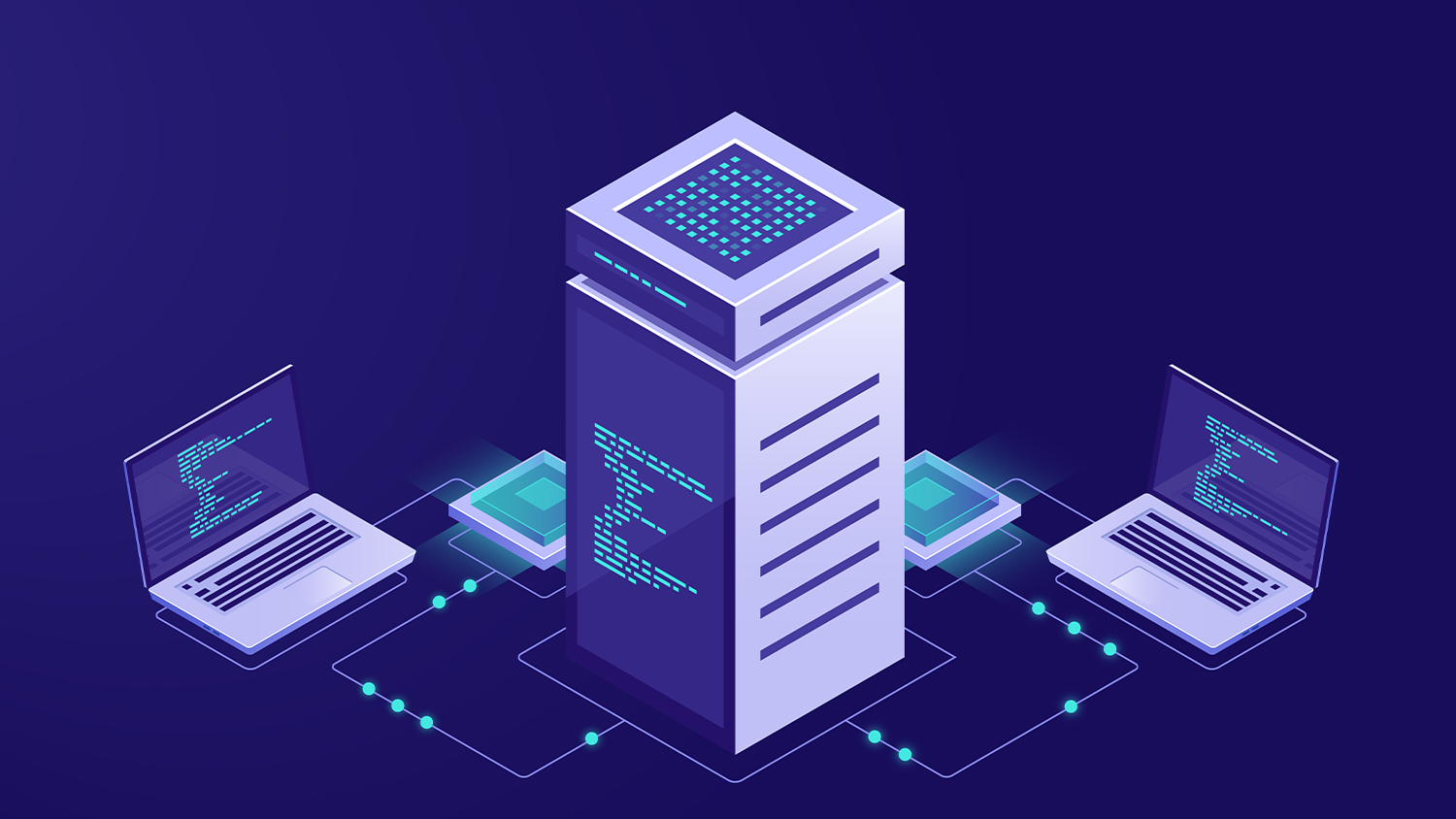For those currently exploring the concept of staking, it’s most likely that you’ve come across the term validators. Becoming familiar with what a validator in Proof-of-Stake (Pos) could help you better understand the process behind staking, while also helping you to choose a staking provider better.
What Is a Validator in Crypto?
Simply put, a validator in staking is similar to a banker. The validator does verifications for every transaction that comes in. For a transaction to push through, it should be verified by the validator. Otherwise, the transaction will be cancelled. In essence, a validator’s role is to verify whether transactions are legal and precise.
Every PoS network on the blockchain has validators. Usually, these are not just one, but many. The number of validators per network will depend on the requirements of the system. These validators start working together when transactions started to come in. They work to validate legal transactions before putting them into the blockchain.

How Do Validators in Proof of Stake Work?
Validators are very useful for blockchain networks in determining which is a true and accurate transaction. In interoperable networks, validators keep the system efficient. Since PoS has a lot of engaging processes, such as voting and forming new blocks, validators become responsible for keeping the process seamless.
When investors and users start staking, they wait for validators to select nodes that would become new blocks later on. Validators use multi-stage voting to add these new blocks to the blockchain.
Let’s take, for instance, the Cosmos Network. In this network, a validator gets the right to add a new block when its block is voted by the majority or 2/3 of all validators. So, aside from selecting new blocks and putting them into the network, a validator can also join the network’s consensus and rely on votes.

Of course, validators get rewarded by bringing new blocks into the blockchain. With Cosmos, validators who wish to participate in the process should acquire bonded tokens for them to get their incentives. They also need to participate in governance and vote for proposals. The rewards are based on the number of their stakes.
The process of selecting validators is matched to how much the deposit of these validators is. For example, if the network detects that the validator is offline, it passes the chance to another random validator node or a validator that is online. The reward is only given to validators once the block they created is chosen to be added to the blockchain. In case the validators are not chosen, their security deposit is lost. The amount would be equal to the block reward to be given to the chosen validator.
Can Anyone Become a Validator?

In the crypto market, anything is possible. Technically speaking, anyone can be a validator by joining a public network. When you join a public network, you will have access to different rewarding systems, including being a validator.
PoS validators are chosen randomly. They are selected to create blocks, validate transactions, and ensure that the choosing process is random, not predictable. The validator nodes should be willing to commit themselves to improving the blockchain by allowing the network to use their cryptocurrencies as stakes.
The process of becoming a validator is quite straightforward. The basic requirement is that you should send a “declare candidacy” transaction with the following details: PubKey, name, and description of the validator (this is optional), commission rate (minimum and maximum), commission change rate, and self-bond amount (minimum and initial).
Final Thoughts
In essence, a validator in POS is just as important as the networks on the blockchain. Without these validators, no new blocks can be produced. Thus, the absence of it makes the whole Proof of Stake process meaningless.
While technically anyone can be a validator, the question is whether they can be a valid, reliable validator, as to maintain this process properly and securely, a lot of safe, robust technology is required.
For this reason, when thinking about what validator to choose from, it’s important to do your due diligence and find providers that are safe, reliable, and secure.









